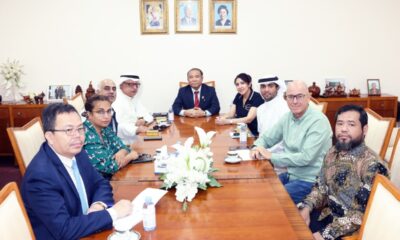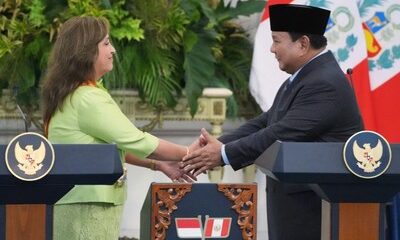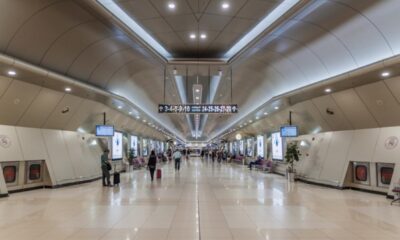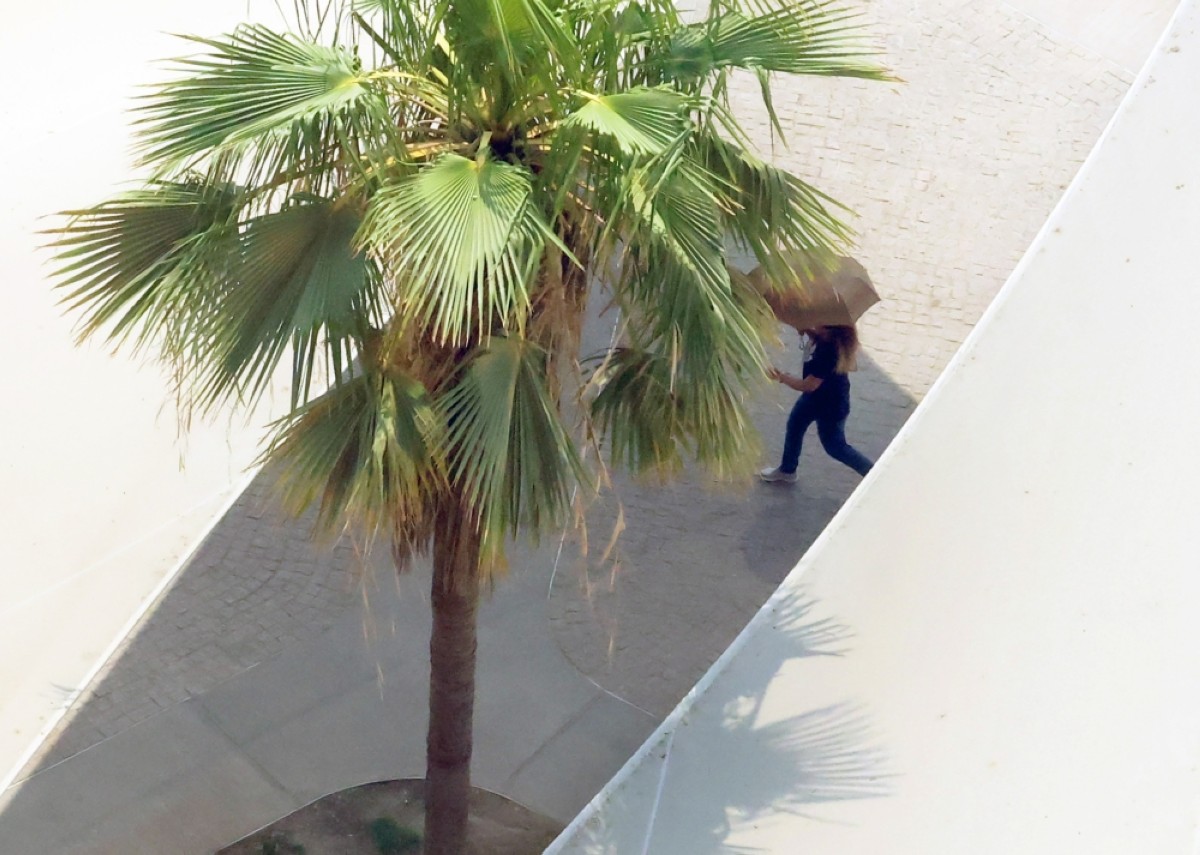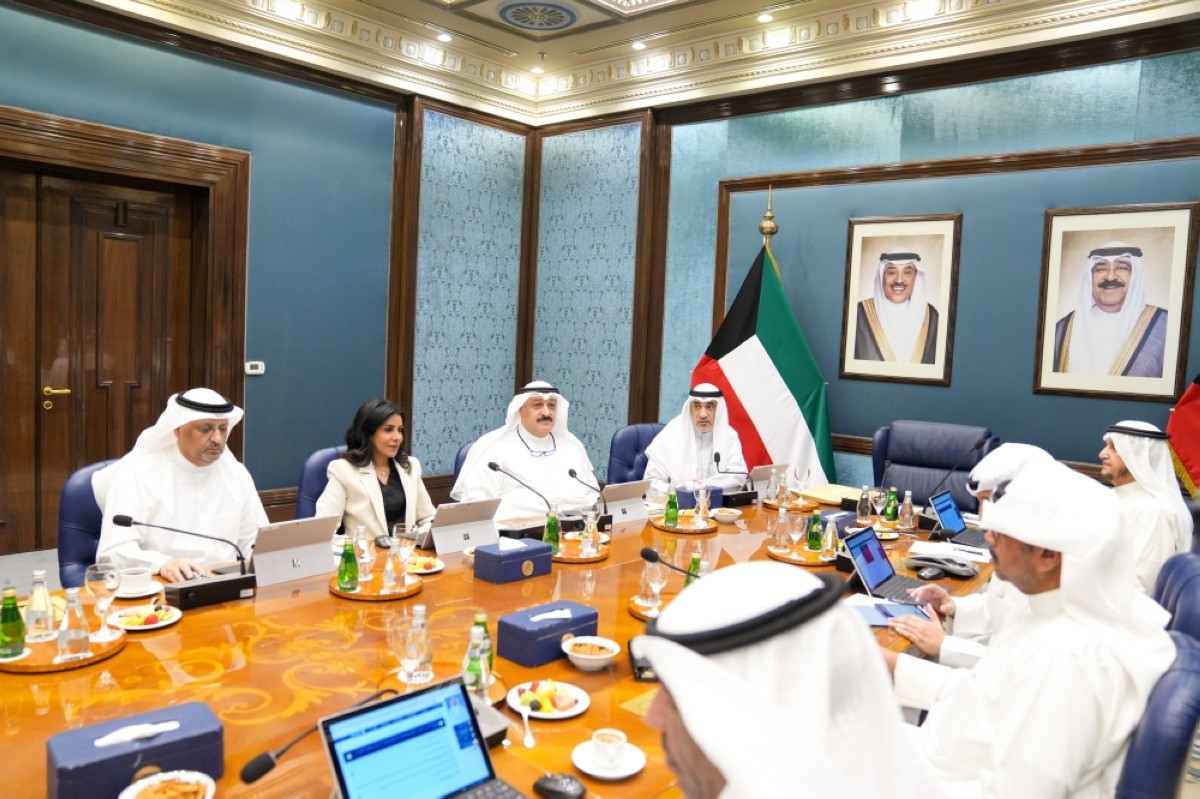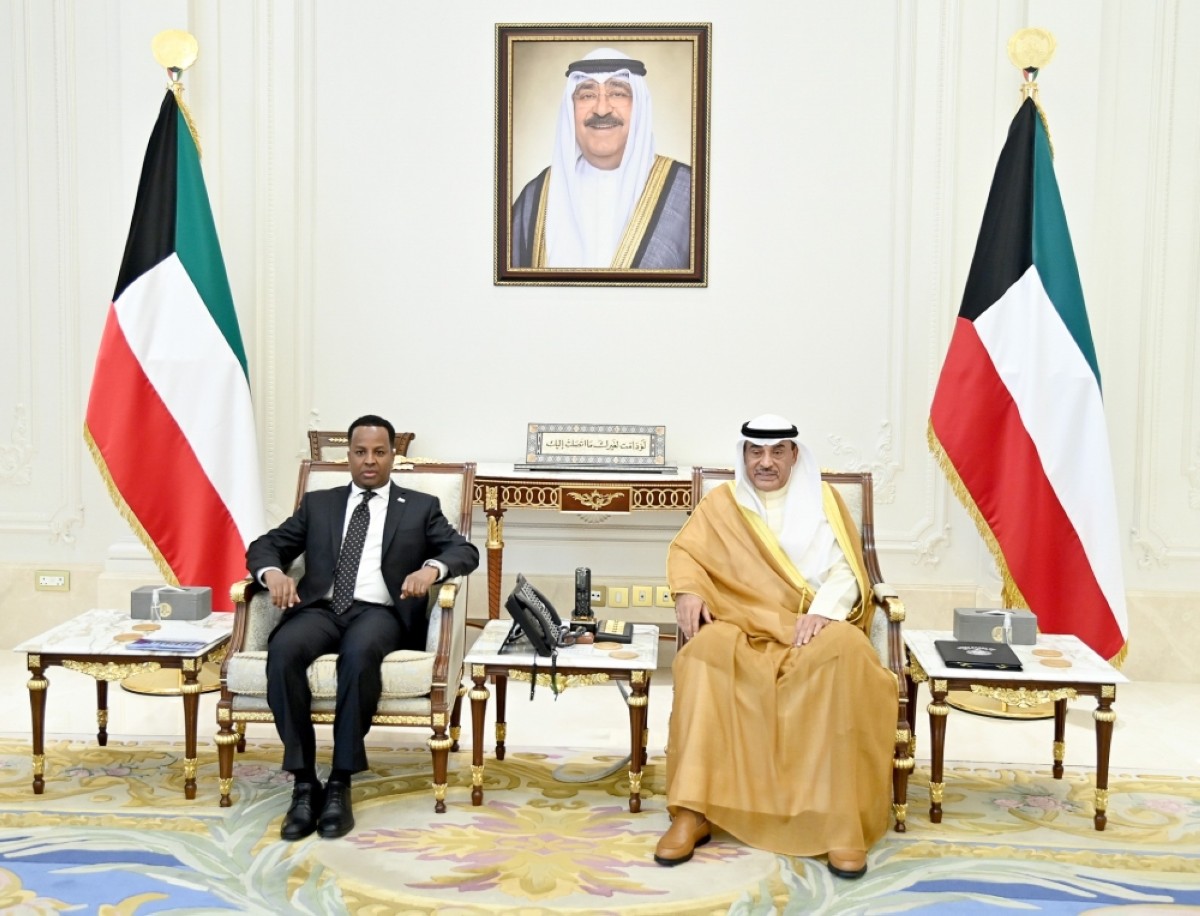WASHINGTON: Kuwait’s Ambassador to the United States Sheikha Al-Zain Al-Sabah met US Secretary of Commerce Howard Lutnick on Wednesday, emphasizing the deep and longstanding partnership between Kuwait and the United States. During the meeting, Sheikha Al-Zain highlighted the historic ties between the two nations, stating that the “Kuwaiti-American partnership was forged in blood and strengthened by peace”.
She recalled the diplomatic efforts that led to the formation of an international coalition for Kuwait’s liberation in February 1991. She also underscored the lasting impact of that historic moment on the Kuwaiti people, reiterating Kuwait’s deep gratitude to the United States for its leadership and the bravery of its armed forces. Lutnick reaffirmed the enduring significance of these historical ties.
Sheikha Al-Zain emphasized the pride both countries share in their historic collaboration, pointing out that Operations Desert Shield and Desert Storm were not only military successes but also an innovative financial model funded by Kuwait and allied contributions. She stated that Kuwait had ensured that the United States and its taxpayers bore no financial burden for the war to liberate Kuwait. She further pointed out that contributions from Kuwait and its allies not only covered all costs but also generated a financial surplus, reflecting the exceptional nature of this approach.
The ambassador also highlighted the post-war cooperation in tackling environmental crises, particularly the massive fires set in Kuwaiti oil fields during the Gulf War, hailing the swift and strategic international response. She praised the extraordinary efforts of Kuwaiti firefighters, engineers and oil specialists who worked tirelessly alongside international firefighting teams, demonstrating exceptional skill, determination and innovation in one of the most complex firefighting missions ever.
Sheikha Al-Zain noted that their swift response and expertise contributed to protecting Kuwait’s vital resources and accelerating the recovery of the oil sector. She added that the joint efforts, which were rapidly mobilized and strategically executed with the expertise of leading US firms, stood as a testament to the strength of global cooperation in overcoming environmental and economic crises. Lutnick commended Kuwait’s partnership with US companies in handling the fires.
On economic matters, Sheikha Al-Zain reaffirmed Kuwait’s commitment to open-market policies that support business and trade. She pointed out that Kuwait maintains one of the world’s lowest tariff rates at a fixed 5 percent for all trade partners, including Gulf Cooperation Council (GCC) countries and the US. She also stressed that Kuwait does not impose protective tariffs on American products and provides exemptions for goods imported for US military operations. Lutnick welcomed these policies, commending Kuwait’s openness as a key factor in strengthening future economic ties.
The ambassador also shed light on Kuwait’s significant economic footprint in the US, represented by the Kuwait Investment Authority, the Public Institution for Social Security and the private sector. She noted that Kuwaiti institutions and businesses hold substantial and strategic investments in US markets, reflecting Kuwait’s strong confidence in the American economy’s long-term growth.
Lutnick acknowledged the importance of these investments in enhancing economic ties, expressing appreciation for Kuwait’s contributions. The meeting concluded with both sides reaffirming their commitment to further strengthening the historic US-Kuwait partnership, ensuring its continued growth and prosperity for future generations.
The meeting came after Lutnick had made statements criticizing Kuwait’s trade policies, specifically regarding tariffs on American products. He accused Kuwait of imposing some of the highest tariffs on US goods, while invoking the United States’ role in liberating Kuwait during the 1991 Gulf War. He reportedly claimed that the US spent “nearly $100 billion to liberate Kuwait”, suggesting that Kuwait’s trade practices are unfair given this historical support. Notably, official US records from 1992 suggest the Gulf War cost the US around $61.1 billion, with allies like Kuwait contributing significantly (about $36 billion from Gulf states), contradicting the $100 billion figure Lutnick cited. — Agencies
Key highlights of the meeting
• Strong Bilateral Ties: Ambassador Sheikha Al-Zain Al-Sabah emphasized the deep-rooted partnership between Kuwait and the US, forged through historical events such as Kuwait’s liberation in 1991.
• Military and Strategic Cooperation: She highlighted the financial contributions of Kuwait and its allies in covering the costs of the Gulf War, ensuring no financial burden on the US or its taxpayers.
• Post-War Collaboration: Sheikha Al-Zain discussed Kuwait’s role in tackling the massive oil well fires during the Gulf War, praising the joint efforts of Kuwaiti and US specialists in one of the largest firefighting operations in history.
• Economic and Trade Relations: Sheikha Al-Zain reaffirmed Kuwait’s commitment to open-market policies, maintaining a low 5% tariff rate for all trade partners, including the US. She also noted that Kuwait does not impose protective tariffs on American products.
• Kuwaiti Investments in the US: She highlighted Kuwait’s significant economic presence in the US through major investments by the Kuwait Investment Authority, the Public Institution for Social Security, and the private sector.
• Future Commitment: Both sides reaffirmed their commitment to strengthening US-Kuwait relations and ensuring the continued growth of their economic and strategic partnership.
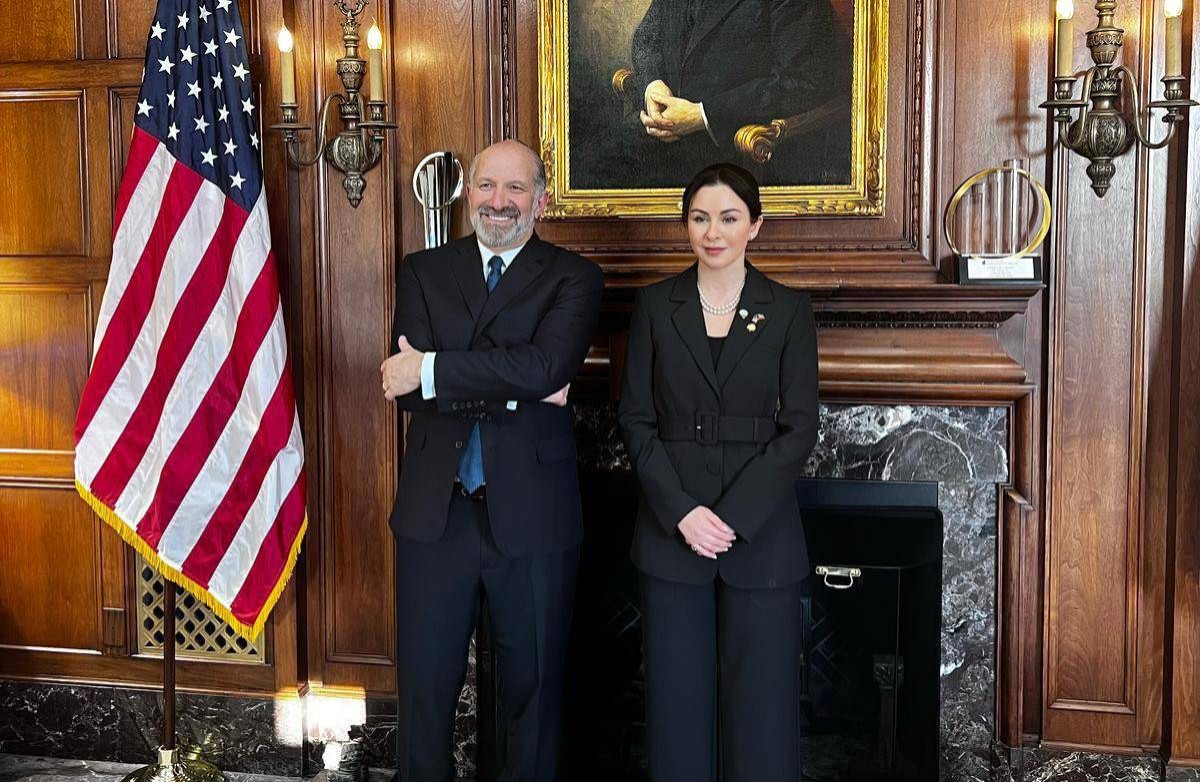

 Latest News8 hours ago
Latest News8 hours ago
 Business14 hours ago
Business14 hours ago
 Business15 hours ago
Business15 hours ago
 Latest News7 hours ago
Latest News7 hours ago
 Latest News9 hours ago
Latest News9 hours ago
 Latest News13 hours ago
Latest News13 hours ago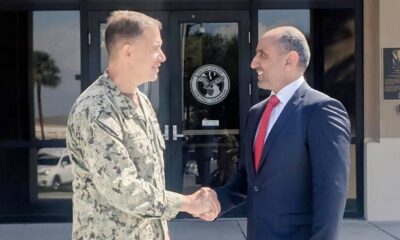
 Latest News22 hours ago
Latest News22 hours ago
 Politics17 hours ago
Politics17 hours ago


